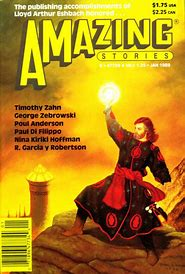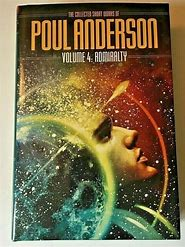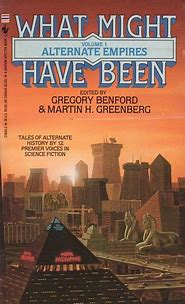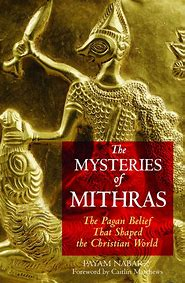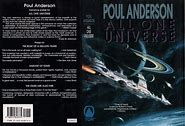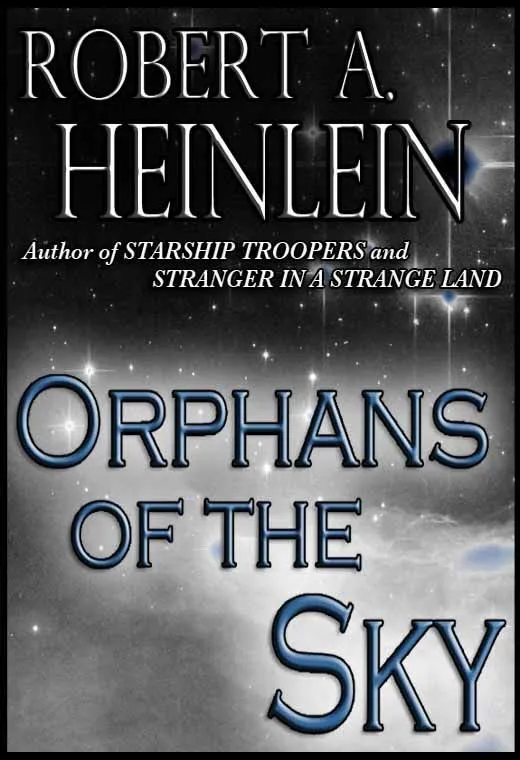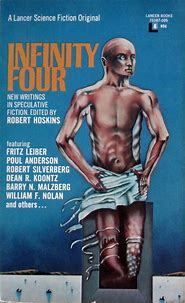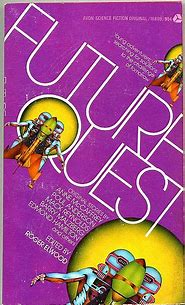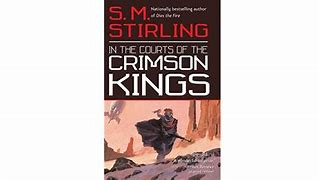Poul Anderson, "Loser's Night" IN Anderson,
All One Universe (New York, 1997), pp. 105-123.
We seek information about the narrator of this story but should first backtrack to the previous story, "House Rule." There, this same narrator found the entrance to the Old Phoenix when he was trying to enter the saloon of a ship at sea. In "Losers' Night," he finds it on:
"...a country road after dark." (p. 107)
Thus, we know, for what it is worth, that he has travelled at sea. The second story adds something more:
"I was on the walk that most men take at least once in their lives..." (ibid.)
Do we? What walk is this?
"...until sunrise, and no wish was in me for any society other than that of the stars." (ibid.)
I am not sure that most men do take such a walk but it tells us something about the narrator that he did and that he thinks that most men do. He is in a mood that he would like to be shaken out of. That is all that we are told. We are expected to understand. As the title tells us, on this occasion, the inn is full of "losers."
"I had sometimes wondered whether my limited abilities as an interpreter were what gave me entry. They would not be required tonight. I was invited because of my need." (p. 108)
The narrator did interpret in "House Rule." That will not be necessary this time because, for once, everyone understands everyone else, no matter what language they speak. The Curse of Babel has been lifted, so to say. The host, Taverner, "...who knows all languages...," (ibid.) explains:
"'You'll find the rules are a little different this evening. Folks need to talk freely with each other, whomever they feel like.'" (ibid.)
Losers have been assembled to learn from each other and, at the end, Winston Churchill steps back into our world - but that takes us away from the narrator. I do not think that we learn anything more about him.
Something more about the Old Phoenix itself:
"The taproom is changeless..." (p. 108)
That differentiates this inn from Neil Gaiman's Inn of the Worlds' End which suddenly opens out into a wide tented area as some of the guests look at it.
We should also notice some terminological richness. What I call "a multiverse," the narrator calls "...a hypercosmos..." ("House Rule," p. 11)
He also refers to "...countless dimensional sheaves..." ("House Rule," p. 9) and suspects:
"...that beside being at a nexus of universes, the hostel exists on several different space-time levels of its own." ("House Rule," p. 10)
We want more but, nevertheless, we get a lot.
